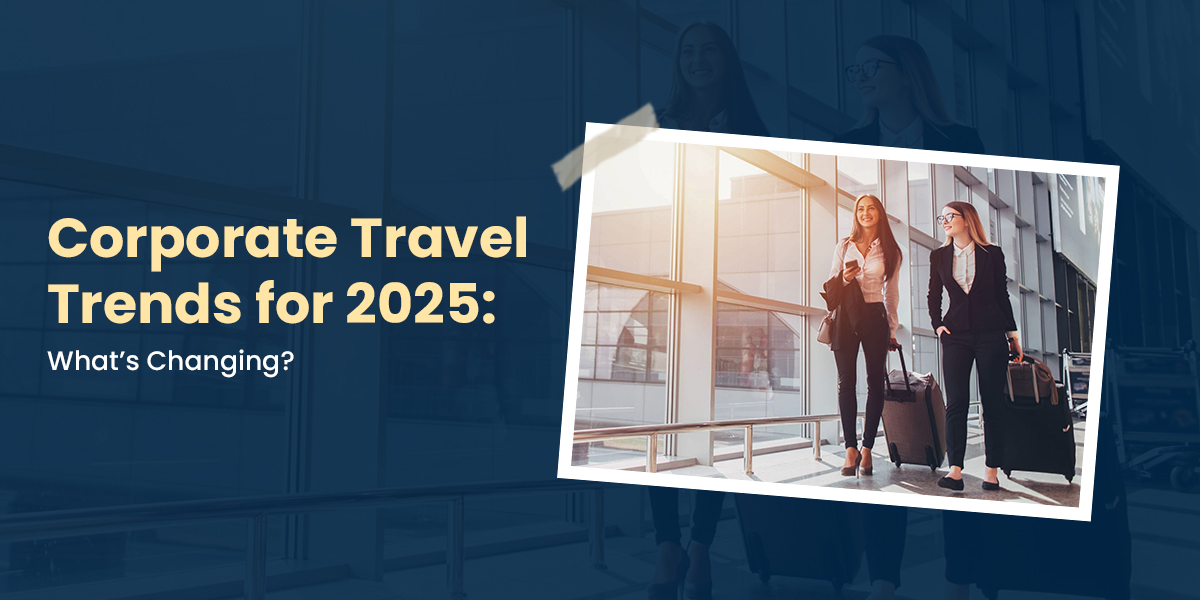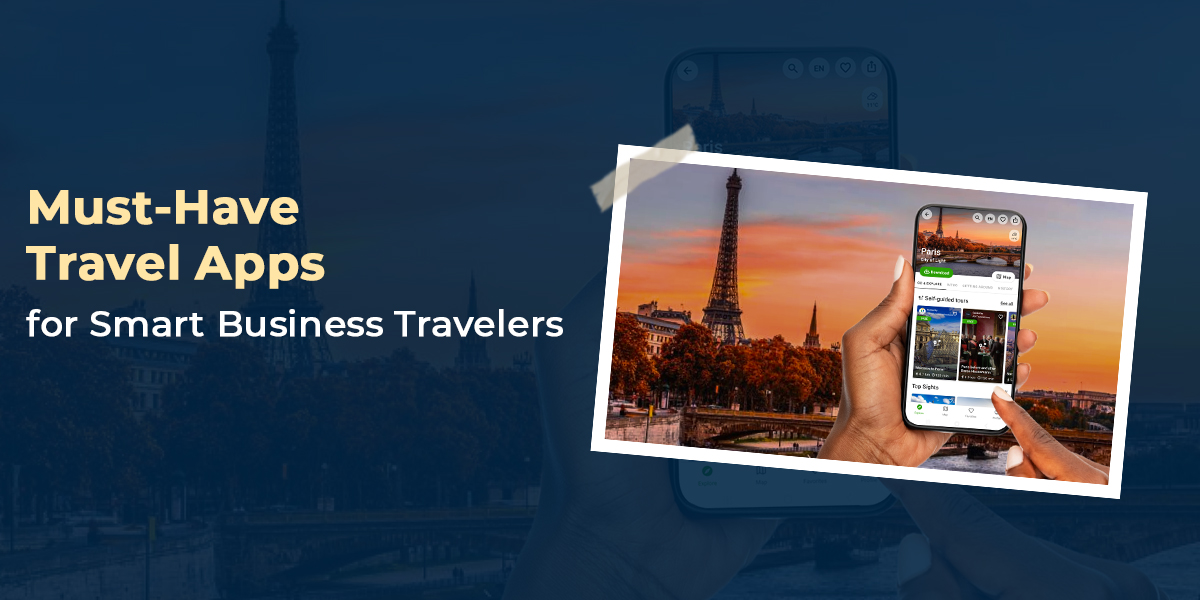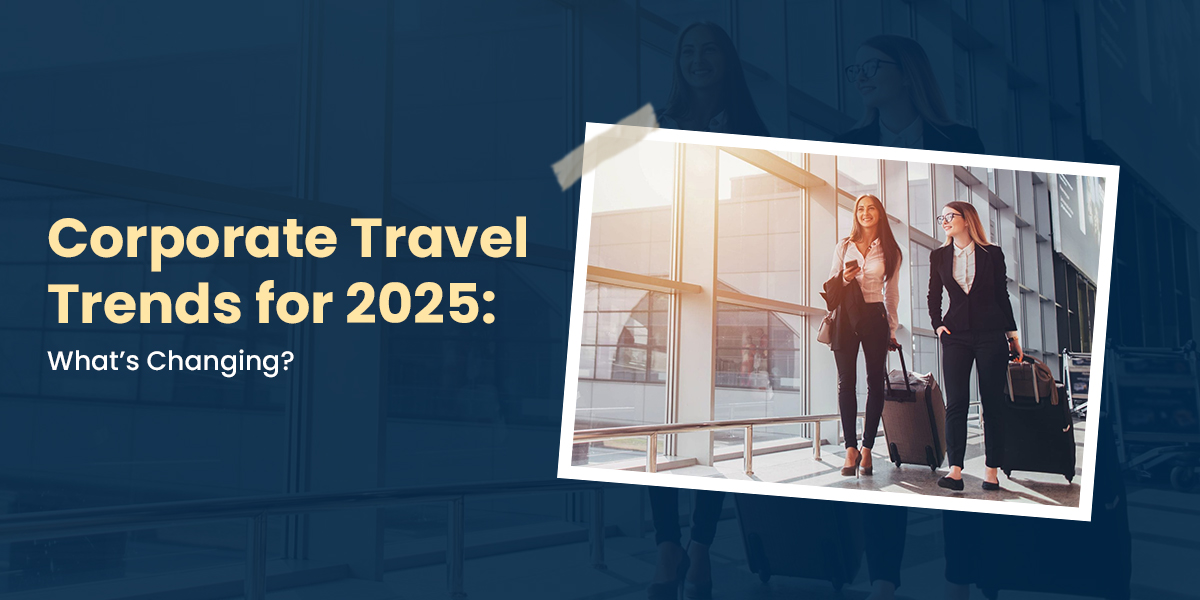From the pandemic-induced halt in business trips to the gradual resurgence of face-to-face meetings, we’re now witnessing a new chapter in business travel—one defined by flexibility, purpose, sustainability, and technology.
As 2025 unfolds, corporate travel is no longer just about getting from point A to point B; it's about enhancing productivity, supporting employee well-being, and aligning with broader business goals. Companies are rethinking their travel policies and strategies to better suit today’s work environment.
So, what exactly is changing? Here’s a deep dive into the top corporate travel trends shaping 2025, and what businesses should know to stay ahead of the curve.
1. Purpose-Driven Travel: Quality Over Quantity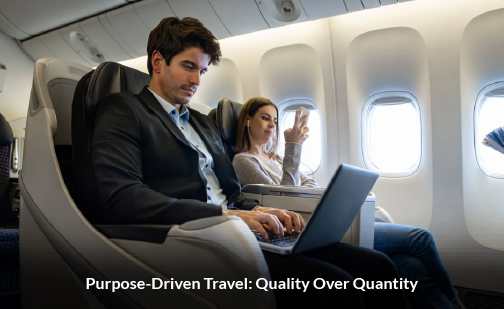
One of the most significant shifts is the move from frequent, transactional travel to purpose-driven trips. Companies are prioritizing strategic travel—journeys that offer high value for relationship building, collaboration, or innovation.
Why It Matters:
Reduces costs by cutting unnecessary travel.
Supports sustainability initiatives.
Improves employee satisfaction by reducing travel fatigue.
What to Expect:
Fewer but longer and more meaningful trips.
Increased planning around the "why" behind every travel request.
Enhanced coordination between travel managers and department heads.
2. Blended Travel (Bleisure) Becomes Mainstream

The once-niche concept of "bleisure" travel—where business meets leisure—is now a norm. With remote and hybrid work becoming widespread, employees are extending work trips to explore new cities or unwind.
Key Stats:
According to GBTA, over 67% of business travelers plan to add personal time to work trips in 2025.
Companies are increasingly supporting bleisure by offering flexible itineraries and accommodations.
Considerations for Businesses:
Create clear policies to manage liability and reimbursement.
Partner with hotels or platforms that cater to both business and leisure needs.
Use bleisure perks to enhance employee engagement and retention.
3. Travel Sustainability Moves from Talk to Action
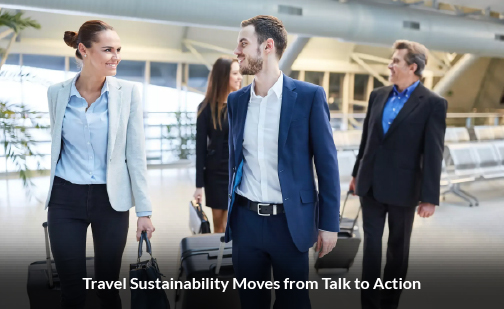
Sustainability is no longer a buzzword—it's a business priority. Corporate social responsibility efforts now include minimizing carbon emissions from travel.
2025 Trends in Sustainable Travel:
Preference for eco-certified hotels and airlines.
Incorporation of carbon tracking tools in travel booking platforms.
Promotion of train travel for regional trips instead of flights.
Introduction of carbon offset programs as standard practice.
How Companies Are Responding:
Mandating sustainable vendors in travel policies.
Educating employees on low-impact travel options.
Publishing annual travel sustainability reports.
4. Smart Tech Integration: AI, Automation & Mobile-First Booking

Technology continues to redefine how we plan and manage travel. In 2025, AI and automation are playing bigger roles in providing personalized and efficient corporate travel experiences.
Innovations in Travel Tech:
AI-powered booking assistants that suggest optimal routes and pricing.
Expense automation tools that sync receipts and reports in real time.
Chatbots and virtual assistants that handle itinerary changes on the go.
Mobile-first platforms for seamless booking, tracking, and support.
Benefits:
Reduces manual admin tasks.
Enhances compliance and reporting accuracy.
Offers 24/7 support and real-time updates.
5. Traveler Well-being Takes Center Stage

Post-pandemic, businesses have become more mindful of their employees’ physical and mental well-being, especially when it comes to travel.
New Focus Areas:
More downtime built into schedules to prevent burnout.
Health and safety protocols including clean transport, hotel sanitation, and telehealth access.
Mental health support for frequent travelers through wellness apps and coaching.
Policy Updates:
Enforcing minimum rest periods between trips.
Offering premium economy or business class for long-haul flights.
Providing access to gyms, meditation apps, or local health services.
6. Dynamic Corporate Travel Policies
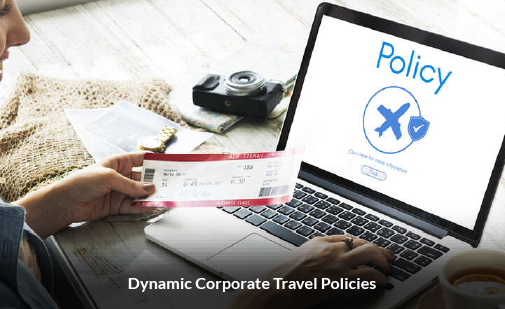
Rigid travel policies are being replaced by dynamic, employee-centric policies that adapt to evolving work environments.
Examples of Modern Policy Features:
Tiered travel privileges based on employee level or purpose of trip.
Personalized options within approved vendor lists.
Built-in flexibility for hybrid and remote workers across locations.
Strategy for Implementation:
Use data analytics to monitor trends and adjust policies.
Collect traveler feedback regularly to refine guidelines.
Balance cost control with traveler autonomy.
7. Greater Focus on Data & ROI of Business Travel

In 2025, organizations are taking a more metrics-driven approach to assess the impact of business travel.
KPIs Being Tracked:
Return on travel investment (ROTI)
Trip success rate (e.g., sales closed, deals signed)
Traveler satisfaction and productivity
Environmental impact per trip
Tools Making It Happen:
Integrated travel and expense platforms
Custom travel dashboards
Business intelligence tools that analyze trip outcomes
This analytical shift ensures travel budgets are spent wisely and in alignment with business objectives.
8. Decentralized Workforces = More Regional Travel
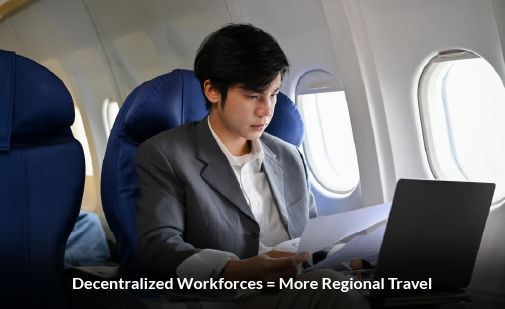
As more organizations embrace remote or decentralized teams, business travel is shifting from international to regional.
Emerging Trends:
Frequent trips between hub cities or remote offices.
Increased co-working retreats or team-building offsites.
Greater emphasis on in-person onboarding for remote hires.
Business Implications:
Rise in demand for regional travel packages and short-stay accommodations.
The need to renegotiate contracts with local vendors and travel partners.
9. Security and Duty of Care in a Hybrid World

With employees working from different parts of the world, the scope of corporate travel risk management has expanded.
Key Priorities:
Knowing where employees are at all times (location tracking).
Providing emergency assistance, especially during geopolitical or climate-related disruptions.
Ensuring insurance coverage for remote workers and frequent travelers.
Recommended Actions:
Use real-time tracking and alert tools.
Partner with global security providers.
Update travel policies to reflect new risk landscapes.
10. Travel Managers Evolve into Strategic Partners

Gone are the days when travel managers were purely logistical coordinators. In 2025, they’re playing strategic roles in cost control, sustainability, and employee satisfaction.
Their New Responsibilities:
Advising on policy changes and vendor negotiations.
Overseeing travel data analytics and reporting.
Supporting DEI, well-being, and sustainability goals.
Companies investing in upskilling their travel teams are seeing more efficient programs and happier travelers.
A New Era of Corporate Travel
As we move deeper into 2025, it's clear that corporate travel is becoming smarter, leaner, and more purposeful. Businesses are no longer focused solely on cost-cutting; they’re thinking holistically—about sustainability, employee experience, technology, and business outcomes.
To stay competitive, companies must modernize their travel strategies, embrace emerging trends, and empower their teams with the right tools and flexibility.
The world is open again—but we’re traveling it with new eyes, new goals, and a renewed sense of intention.
Ready to Future-Proof Your Corporate Travel Program?
If your organization is looking to align its travel strategy with 2025’s trends, now is the time to act. Evaluate your current policies, engage with your employees, and invest in smart tools that support a flexible, sustainable, and productive travel experience.
Let’s redefine business travel—together.
